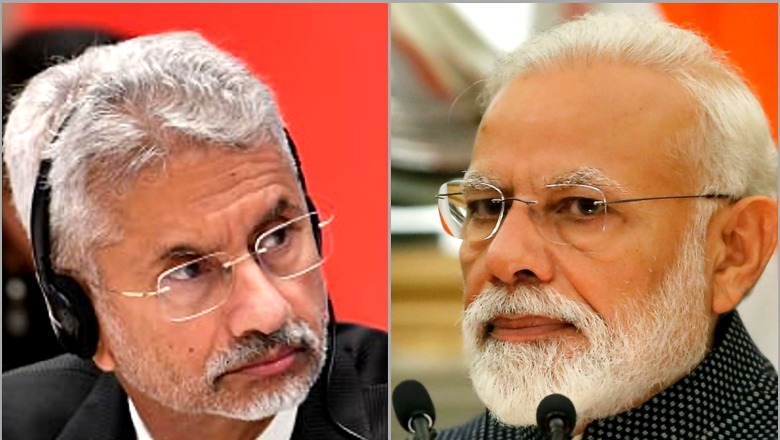
views
Foreign minister Dr S Jaishankar’s tell-all interview with a news agency has sparked off a fresh round of verbal duel between the ruling disposition and the opposition. Many have marked and hailed the clear shift in Bharat’s geostrategic posture during his tenure. Close observation leads one to believe that this has been carefully crafted and beautifully articulated.
The shift started with the management of the abrogation of Article 370 sections and the period thereafter. It was further tested with CAA. Dr Jaishankar and the MEA under him used Bharat’s Vaccine Maitri during the pandemic to give further form to the new foreign policy. Galwan put this approach to the rigour. Bharat’s ‘strategic autonomy’ took full shape when he put the Western media in place for questioning the purchase of oil from Russia despite the Ukraine conflict.
Historically, Bharat’s foreign policy has been closely linked to trade, and bilateral and multilateral cooperation with one feeding into or weighing upon the other. But under Prime Minister Narendra Modi, it is evident that for a while now there has been a clear delinking of trade and diplomacy. Both continue to help the other but geopolitics is clearly the domain of the MEA while economic cooperation is driven by the commerce ministry. This has helped Bharat’s cause as increasingly one witnesses dynamism in geopolitics not heavily affecting trade ties. So India has a huge trade incidence with China despite frosty geopolitical equations since Galwan. Even there, the dependence is driven by Bharat’s operational necessity and not by communist opportunism. As the pandemic exposed the ugly side of the One China policy, Bharat has smartly championed the China + 1 narrative, even offering itself as a viable option to nations Looking beyond China. All this has been done under Dr Jaishankar under the Age of Multilateralism and Changing World Order narrative.
It is a refreshing change to see Bharat’s external affairs minister no longer pulling punches and more importantly choosing the time and platform to engage in sparring. There is a lot of thought to ensure that this robust, assertive posture is in conjunction with our growing economic might. When narratives are set by entities sitting abroad with the intention to dent the image of Naya Bharat or derail Bharat’s growth story, its pitch for ‘Atmanirbharta’, it is the MEA that takes these narrative spinners head on. Gone are the cageyness, wishy-washy, saying something but conveying nothing kind of answers of the yore. They have been replaced by sharp, articulate, well-worded responses that instantly grab headlines. These responses further add to the imagery of a strong, confident, and assertive Bharat.
The opposition after being called out time and again is clearly unimpressed. Many have termed Bharat’s foreign policy as a failure under the current foreign minister. The allegation has been that there is a lot of bluster but no substance. Let us set the merits of the charges made by the opposition aside for a moment. As an average citizen of the country or a person with roots in Bharat, do you think there is a rise in the stature of our country? Does the blue passport carry more weight? Is there a perception that Bharat is coming into its own? If the answer is, yes, Dr Jaishankar and his team seem to be succeeding in their endeavour.
The facts seem to stack up against the opposition vis-à-vis China and also against entities like George Soros and the BBC. Bharat has ceded huge swathes of its territory to the Chinese since Independence principally under governments led by parties in the opposition today. It is on record that a key member of George Soros’s OSF was part of the NAC during the UPA government. The BBC has been banned for an anti-Bharat agenda and has also been sent notices by the income tax under Congress-led regimes in the past. So, on the face of it, Dr Jaishankar and his team do come out with flying colours. However, problem areas remain.
- Bharat has pushed for the QUAD but so far has it served any strategic advantage?
- Why did it take until Galwan in 2020 for Bharat to bolster its defences vis-à-vis China despite Doklam in 2017?
- Did we concede a clear strategic advantage of the northern heights on the Pangong Tso as part of disengagement?
- The lifting of ban of Khalistani elements seems to have emboldened K-elements rather than reformed them.
- Bharat so far has been unable to prevail on nations like the UK, Canada and Australia to crack down on secessionist elements operating from these nations.
- When Hindu temples get attacked on foreign soil, Bharat seemingly hasn’t used its diplomatic might.
- The persecution of non-Muslims in Islamic nations in the neighbourhood continues on a daily basis. Bharat’s might has failed to protect their interests.
- The much-touted CAA is yet to be notified four years hence. The cut-off date of 31-12-2014 itself is now redundant. What of the persecuted thereafter?
- Bharat hasn’t openly challenged Britain for allowing the taxpayer-funded BBC to run an agenda-driven narrative.
- The promotion of Western academic institutions fawning anti-India narratives continues.
- Our corporates continue to sponsor departments in these institutions while our bureaucrats continue to be trained there.
- Many consulates continue to remain aloof to the Indian diaspora abroad while concerning themselves only with Indian nationals. An issue raised by diaspora on multiple forums.
- Bharat remains mute on the One China policy. Engagement with Taiwan, Tibetans and East Turkestan remains in the shadows.
- While Pakistan continues its Kashmir rant and openly stokes Khalistan, Bharat remains non-committal on Pak occupation of Balochistan.
- Bharat has not championed religious protection for Sanatan Dharma and its off-shoots that form the Hindu way of life under the UN Charter.
- Despite success with the UAE and Saudi Arabia, Bharat’s efforts with Malaysia and Turkey haven’t borne fruit.
- Bharat has been unable to convince/coerce nations like the UK, Pakistan, Antigua Barbuda, Canada, and the US on extraditing ‘persons of interest’ for financial crimes and terrorism
The list is quite long. Is the opposition asking the right questions? There is a lot of work that has been done and credit must be given where it is due. But one must also examine whether the current disposition and its changing foreign policy have delivered on the core issues/promises made to the voter.
Read all the Latest Opinions here













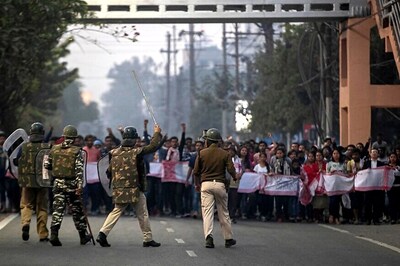
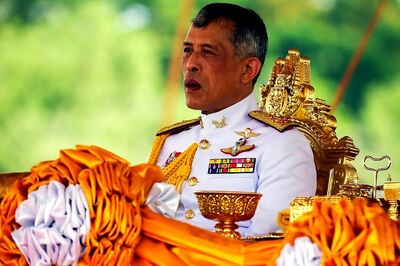
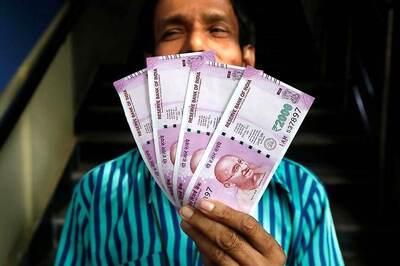
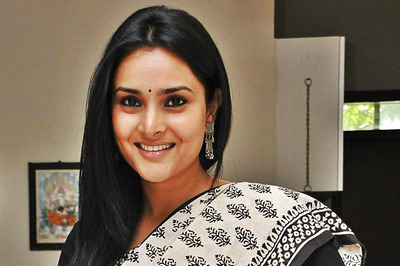
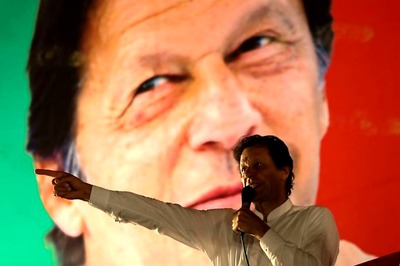


Comments
0 comment